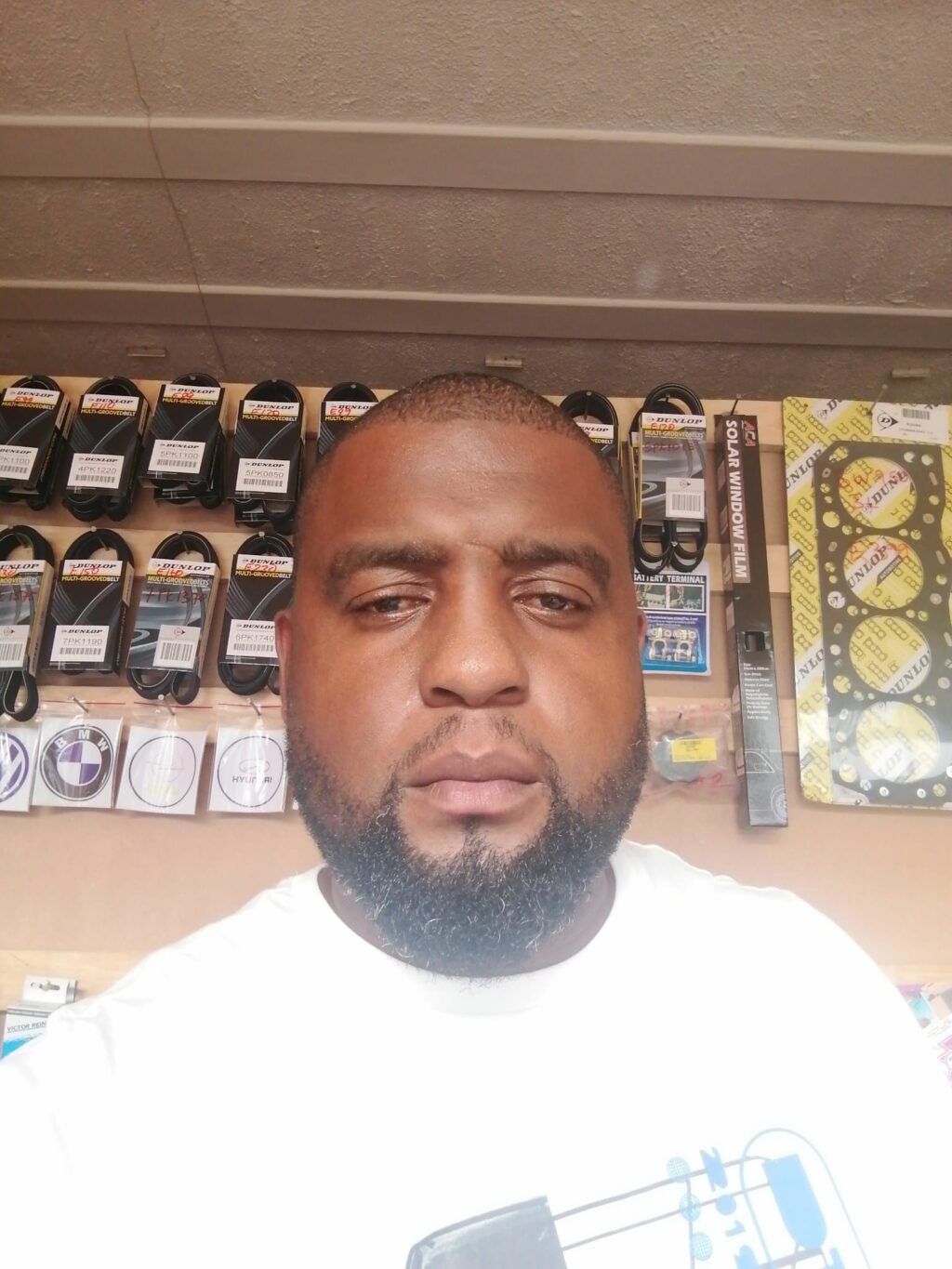From Wrenches to Resistance: A Mechanic’s Journey to Fight for Eswatini’s Freedom

I was once a simple man with simple dreams—a motor mechanic in Eswatini, striving to build a life for my family. My days were spent bringing broken vehicles back to life, buying salvage cars, fixing them, and selling them to make ends meet. My workshop was my pride and joy, a testament to years of hard work and resilience. But in Eswatini, even the most modest dreams are dangerous if they stand against the wrong regime.
For years, I kept my head low. I knew the risks of speaking out against the monarchy, and I couldn’t afford to jeopardize my family or my business. But I couldn’t ignore the suffering of my fellow Swazis. I saw the daily struggles of people who were silenced, oppressed, and stripped of their dignity. I couldn’t join the protests myself, but I found other ways to contribute to the fight for democracy. Quietly, I provided financial support and transport for activists, hoping to fuel the movement for change without drawing attention to myself.
I was naïve to think I could stay under the radar. One fateful night, my workshop—a space that had become a sanctuary of hope for me—was vandalized. Windows were shattered, equipment destroyed, and a message was left behind, loud and clear: stop supporting the fight for democracy, or face the consequences. The regime’s shadow had found me.
The attacks didn’t stop at my workshop. Attempts were made on my life, forcing me to look into the eyes of my family and make the hardest decision of my life. I knew I had to leave. Staying meant putting them in harm’s way, and that was a risk I couldn’t take. I fled to the UK, leaving behind my business, my home, and the life I had built with my own hands. I left behind a country where dreams are crushed under the weight of oppression.
But leaving Eswatini didn’t end the struggle for me—it only deepened my resolve. My story is not unique. It is the story of countless ordinary Swazis who dare to hope for something better. It is the story of activists imprisoned for speaking the truth, of families mourning loved ones lost to the brutality of a regime that values power over human life. It is the story of a nation suffocating under the rule of a monarchy that fears the very idea of democracy.
Eswatini is a land of survivors, but survival should not be the only goal. My fellow Swazis deserve more. They deserve to live, not just exist. They deserve freedom, dignity, and the right to build lives without the constant threat of violence. This is why I have committed myself to this fight for democracy, even from thousands of miles away. It is no longer just about me or my family. It is about every person who has suffered, every child who dreams of a brighter future, and every voice that has been silenced.
The regime has taken so much from us, but it has not taken our spirit. I write this article not just as an activist but as a survivor. I write for those who cannot speak and for those who have been forced into silence. I write to remind the world that Eswatini is not just a monarchy—it is a nation of people who deserve better.
I will not rest until democracy prevails in Eswatini. I owe it to the activists who inspired me, to my family who sacrificed alongside me, and to every Swazi who has lost their life, their livelihood, or their voice. This fight is not just mine—it is ours. And together, we will see a free and democratic Eswatini rise from the ashes of oppression.



